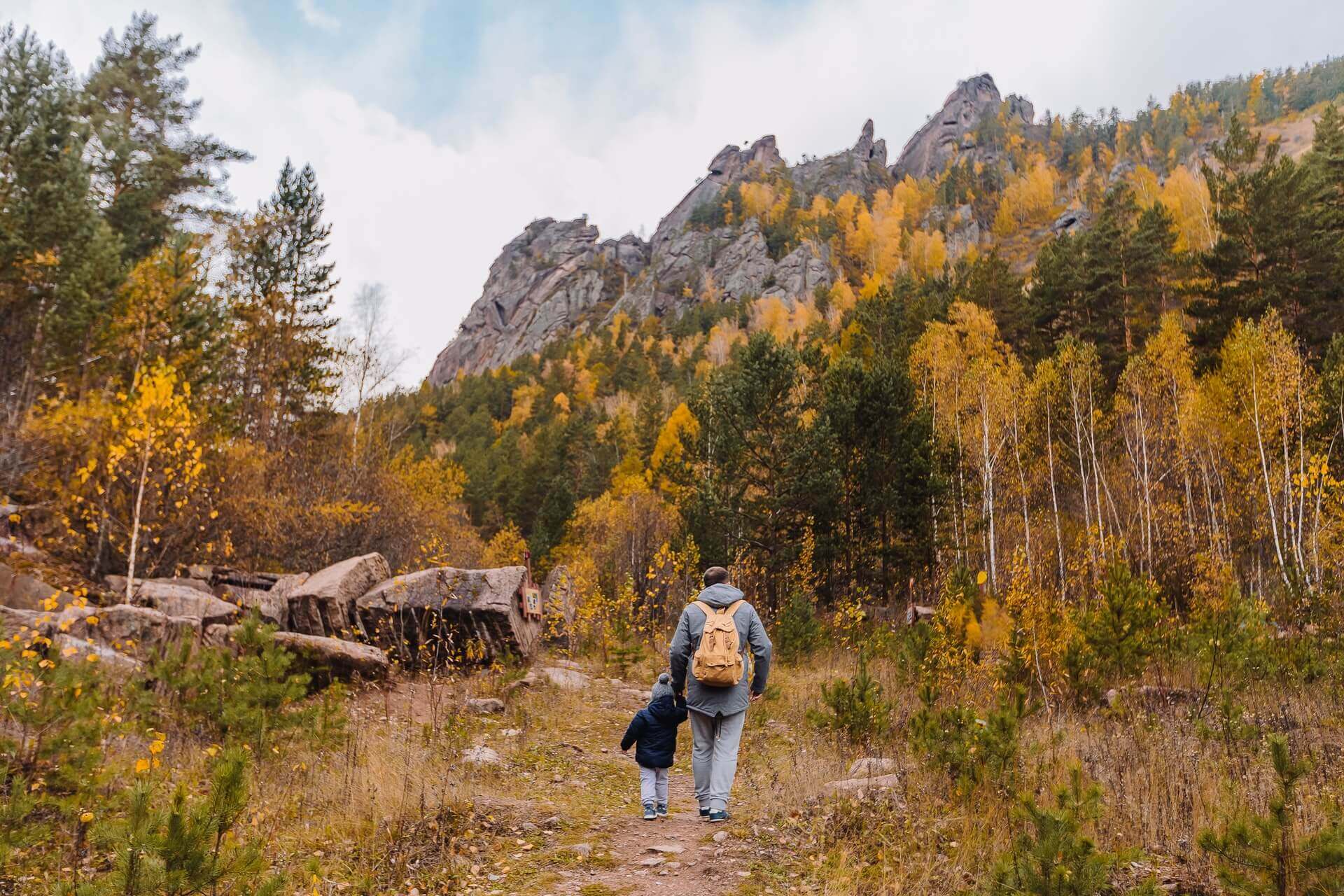
Armchair Travel for Kids: How to Travel to Kids (When You Can't Travel!)
So, family travel lovers, or heck, any kind of travel lover, it looks like we're not going anywhere anytime soon, right? While this is absolutely something to feel sad and low about, I want to take a moment to encourage you to think about how to travel with kids at home.
I know the very basis of travel is leaving home and going somewhere else, but actually and honestly, for most of us travellers and specifically travel bloggers, I would hope that we all agree that travel is so much more than just going on holiday or vacation (although that is a VERY WORTHY thing to do in itself - I love a good holiday).
But when it comes to our children and how we raise them, and also possibly, homeschool them too in these current times, teaching travel is really a great way to also teach about many other things - geography, culture, history, people, food, and more!
What is Travel? How Do Children Understand Travel?
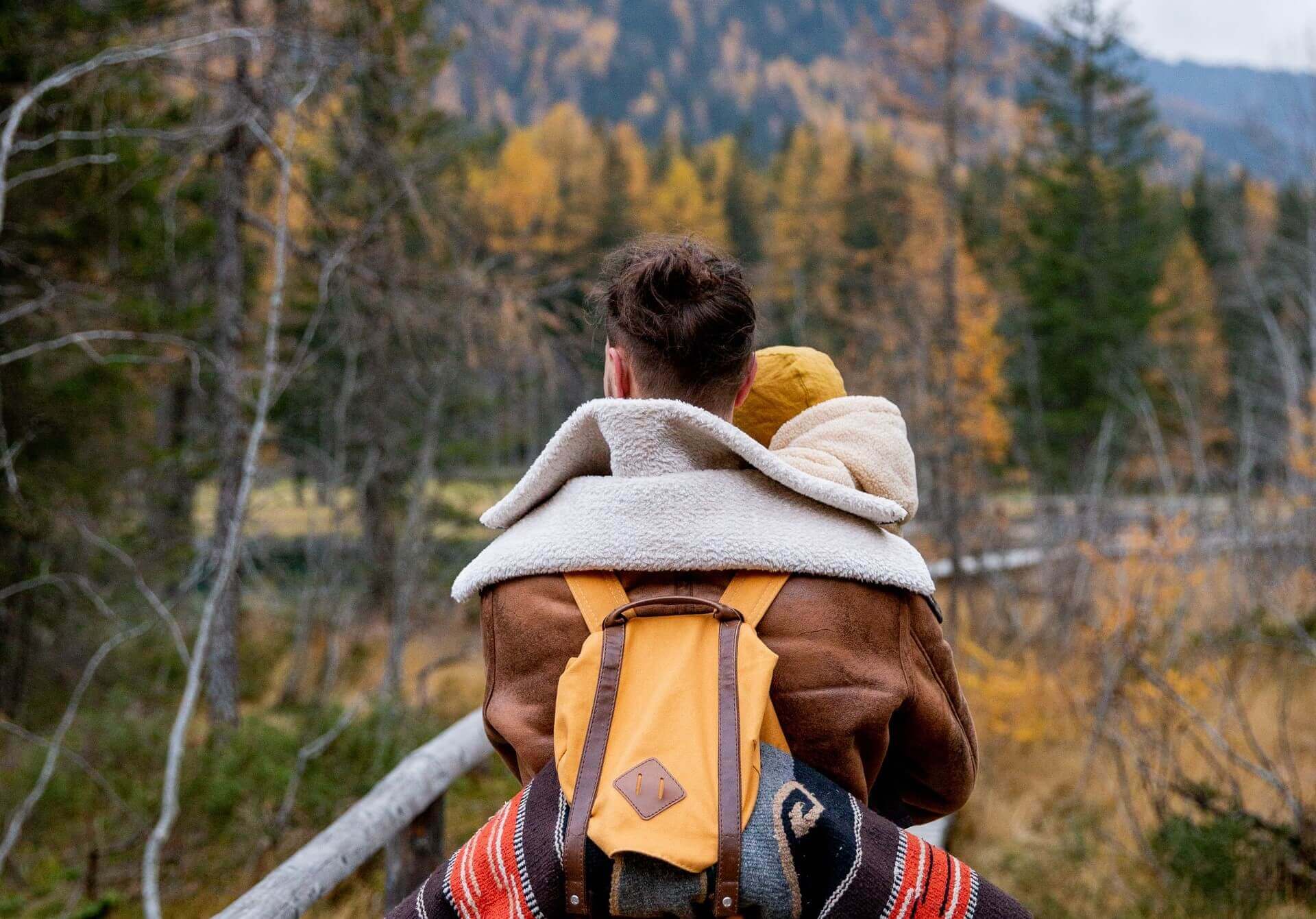
My experience is that kids have very different idea of what "travel' is. It's very much more all about "going on holiday" and less "experiencing other cultures". That's how they would define it with their own words or in their own minds, but that doesn't mean that they are only "going on holiday" when you are exposing them to travel or teaching travel at home. They can see it as one thing - and even experience it as that one thing - but in reality they are receiving so much more when you teach travel to kids.
It's also good news that travel is wrapped up as a positive experience for most kids as it means it's already framed as a fun, adventurous, exciting and new experience for them so they won't show much resistance when you do indeed want to teach travel to your children at home during times when actual travel isn't possible.
It's also fair to say that while we adults may be grieving the loss of regular travel or international travel in our lives, kids may not have the same feelings of lack and loss. Kids are actually equally enamoured with the simplest journeys and the smallest adventures.
I will always remember being in the Maldives with my then two-year-old and he was happier playing in the sand on an overcast day than he was on a boat trip trying to spot turtles, or even on some days when we were in the pool. During the whole two week holiday - including A SEA PLANE to and from the resort - he was happiest just playing in the sand with his cars and trucks... which yes, is something he does many times at week at home in our local park.
So as you think about ways you can keep travel in your kids' mind and heart at this time, remember a journey to the local park or corner shop for milk holds that "adventure" element for them in the way a hiking expedition in the Alps may for you, especially when they are younger (say under 6).
While older kids can study specific elements of travel in greater depth - destinations, people, regions, history, culture, art, flags, there's so much they can do a deep dive into - when it comes to younger children, I try to keep the focus on teaching our kids the lessons that travel give us adults. These include nurturing that sense of adventure they feel on any (short!) journey or when discovering new things, but also they include nurturing an awareness of the world, its continents, countries, cultures and cuisines. All of this can easily be taught at home.
Why Should You Still "Teach" Travel to Kids at Home
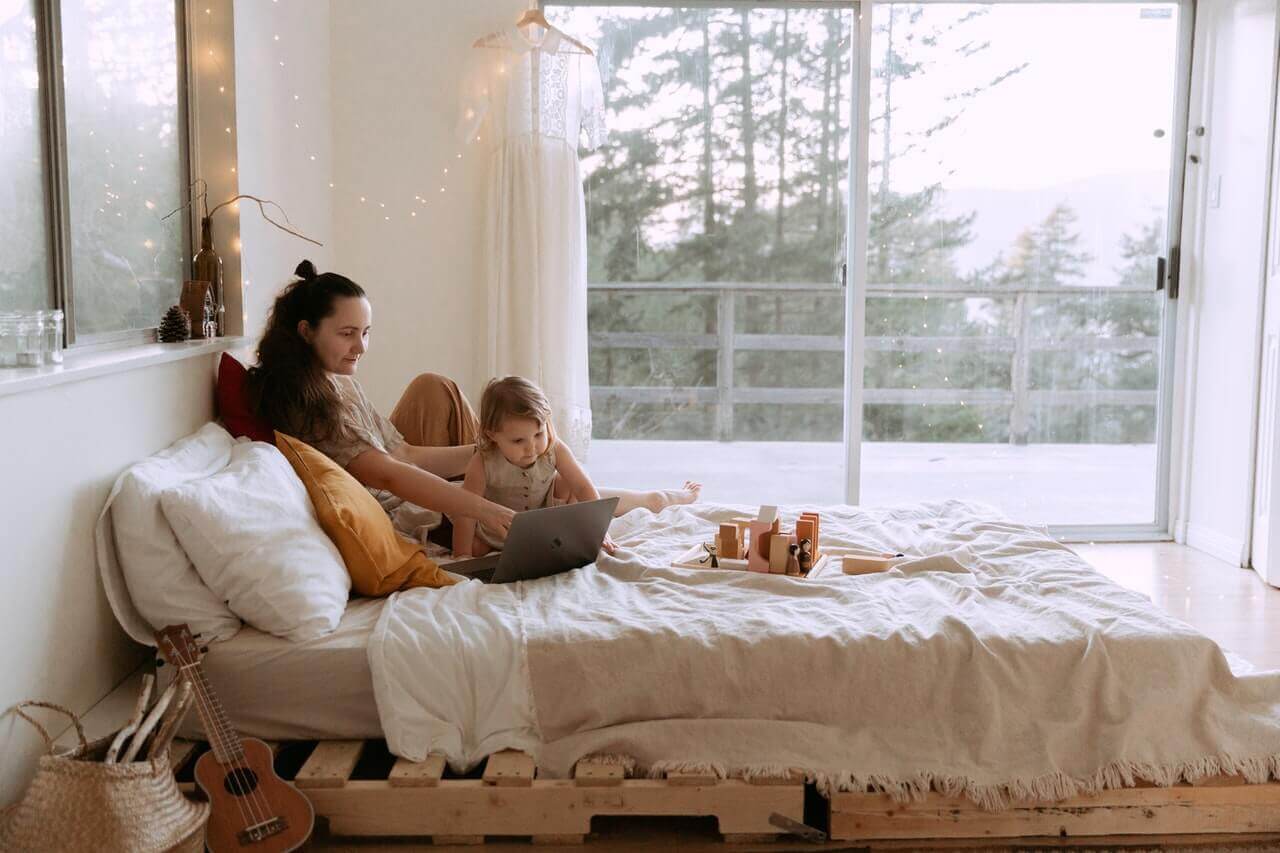
Travel brings me so much joy, learning and healthy escapism, and I want my children to have these too. I also want my children to be aware of the world, its nature, its people and its history, and I honestly feel there is no better vehicle for doing this but travel.
While my eldest is aware of the current situation preventing us from international travel right now - and he has moments where he seems upset or frustrated by that - my youngest probably doesn't even retain his memories of the few times he's been on a plane. My goal, therefore is to talk about travel as something we have done and will do again, when it's safe. I also want to teach my children about parts of the world that we can't see, but we must still be aware of.
Your kids also don't need to have a good handle on what a country is in the beginning. Our son has always known that his parents are from different countries (UK and Australia) and that we then live in a different country, where he was born. Now at five, he understands more about international travel and where his family live in the world, but he still gets confused between cities and countries and when we were in Rotterdam last week, he asked me what language they speak there and what country we were in.
We can also use travel - yes, even on a walk down the road or a drive to see family a few hours away - with the idea of there being a very big world out there that we must look after and share with others. I am going to be a bit more deliberate about this now travel is going to look very different for us - my eldest definitely knows that "going on holiday" means lots of fun and ice cream and screen time - but I also want him to be more aware and mindful of the privilege he has to have visited so many places and actually the whole current situation has been a great opportunity to start those kind of conversations.
Already at 5 my son is starting to understand very basic elements of colonialism, the idea of "where people are from" and how Black and Brown people have been oppressed by white people historically. That is a whole other important topic for another day, but for now, I want to stress that teaching my boys about travel is also teaching them about world history and that will not be a whitewashed version. I have also been taking him to museums where he can learn more about this. Tropenmuseum in Amsterdam has been great for us to see videos, pictures and artifacts that show what happened when white Europeans went to countries where Brown people lived. He doesn't fully grasp the concept of slavery yet, but he knows that white people did bad things, made Brown people work when they didn't want to, and we must never let that happen again.
I think the main thing we are trying to teach our kids when it comes to travel is actually more about curiosity. When I travel with my kids and/or talk about travel with them, I'm trying to encourage their curiosity about the world and its people.
This is a really important framework to set up in them, I think, as it helps encourage their imagination, their thirst for information, and opens up their eyes to learning more about all topics.
How to Teach Travel at Home
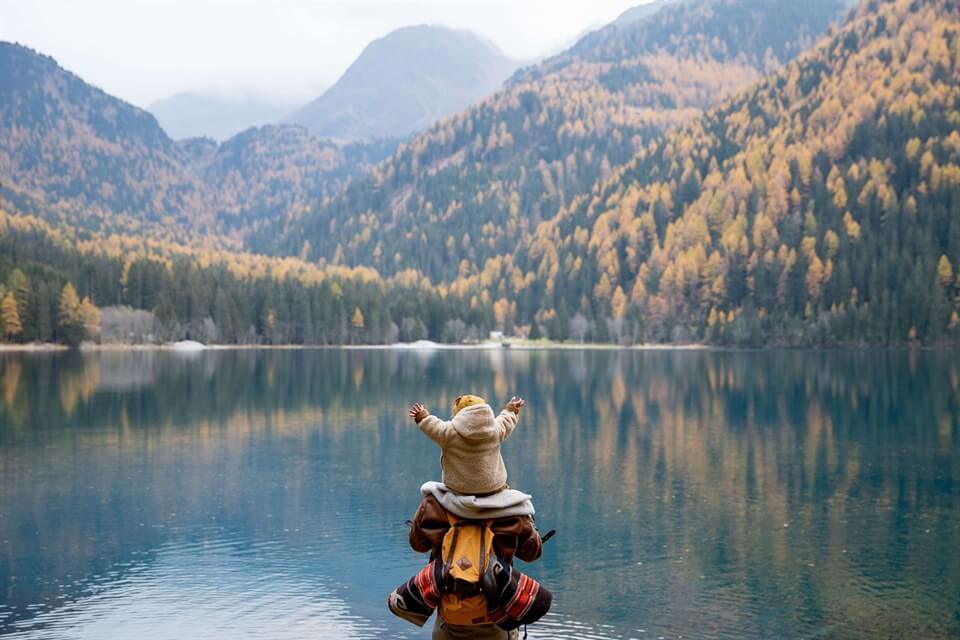
Kids (and indeed most adults too!) learn by doing so arguably the best way to teach travel is to have a few travel-themed activities for kids up your sleeve. This list features physical activities, things to do inside and outside, and also resources for kids to learn more about travel and the world in books, on TV and online too. (We love Google Earth!).
After doing, kids also absorb the things that see, especially those things that are always around them. Have maps around the house that are easily visible - we have a rug, puzzles, books and one poster of a world map - and we have A LOT of books that are all about world travel, different places, different cultures, going on journeys and some about international cuisine too.
After doing and seeing, I think kids learn about travel (or anything!) best when they see you also taking an interest in it. I still have so much to learn about the world, and other cultures and traditions so I do my best to deepen my own knowledge, and where possible to do this noticeably and obviously in front of my kids. I now try to read books rather than articles or ebooks on my phone or Kindle. I also like to pick up my kids' books about travel and look at them when my sons aren't and they invariably head my way to ask me what I'm doing or sit on my knee and look with me.
Talking is also a key way to keep travel in your kids' minds. After we came back from our trip to Rotterdam last week I kept talking about the things we did with my son. Sometimes he didn't engage or say much, but other times he would then jump to another thing we did, or ask me if I remembered what we ate for breakfast that day, because he did. It doesn't matter if he's more obsessed with croissants than the two-hour boat tour you did. His experience is valid and important to him and keeps that little trip we did together in his mind.
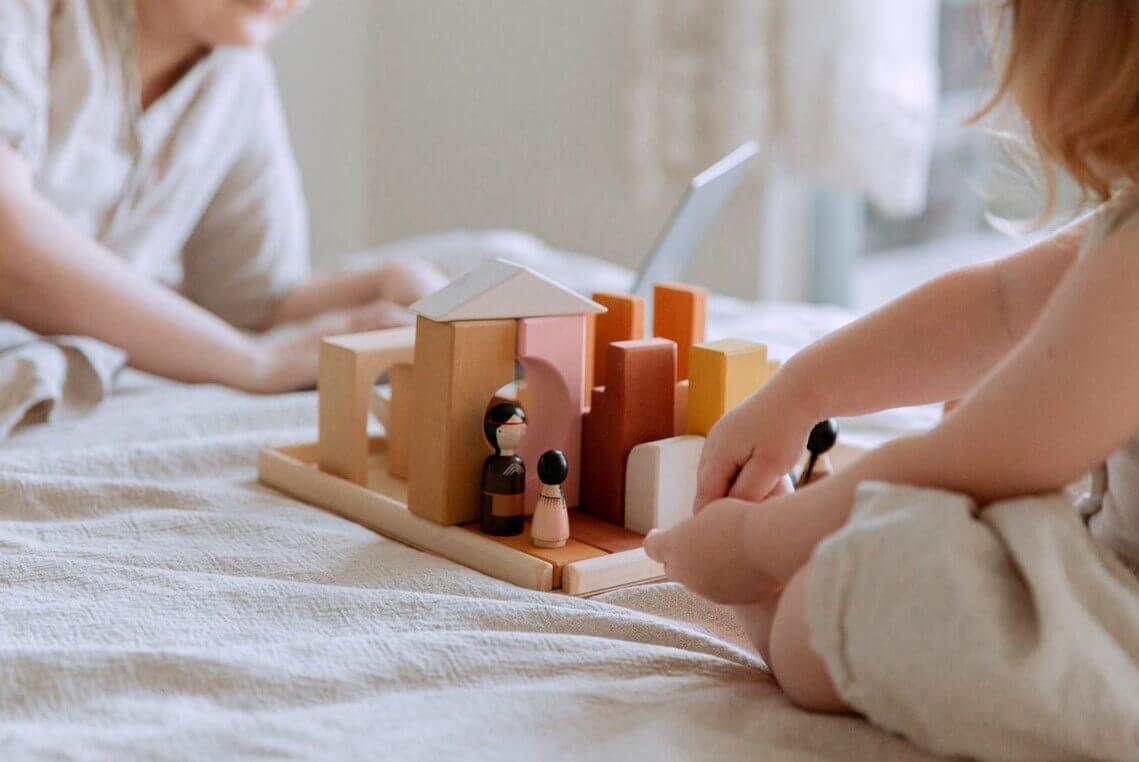
I also find that choosing topics and themes that are things I'm interested in - be that travel or anything else - offer a framework for us to expose our kids to other activities they enjoy. There are so many arts and crafts activities with a loose travel theme - creating drawing and following maps, colouring in flags, going on scavenger hunts, making and sending postcards - that you can keep travel always in your children's minds without it being a sit down and study an atlas type of exercise.
Conversely sometimes the best way to teach anything to your kids is to do it yourself alone, at least at first. Sit down with a map or atlas and look at it in front of your kids, and they may just join in. Alternatively, buy a travel magazine or two one day and look at the photos together. Frame your favourite travel photos. Indulge yourself in some wanderlust and write a list of your dream travel destinations or once-in-a-lifetime vacations for you and your family to go on. Talk about your memories of a place you went with your partner. Eat the food you ate when there, or prepare some cuisine from another country you'd like to visit next. Read books set in your favourite cities and countries.
If you keep travel an exciting, joyful part of your life, it will automatically become the same thing for your children. Yes, they will jump in and out of it, because they're children and that's what they do, but as they do YOU can also enjoy a richer and more meaningful relationship with travel.
How have you been teaching travel to your kids these days?
If you'd like to save or share this post, here's an image you can pin:





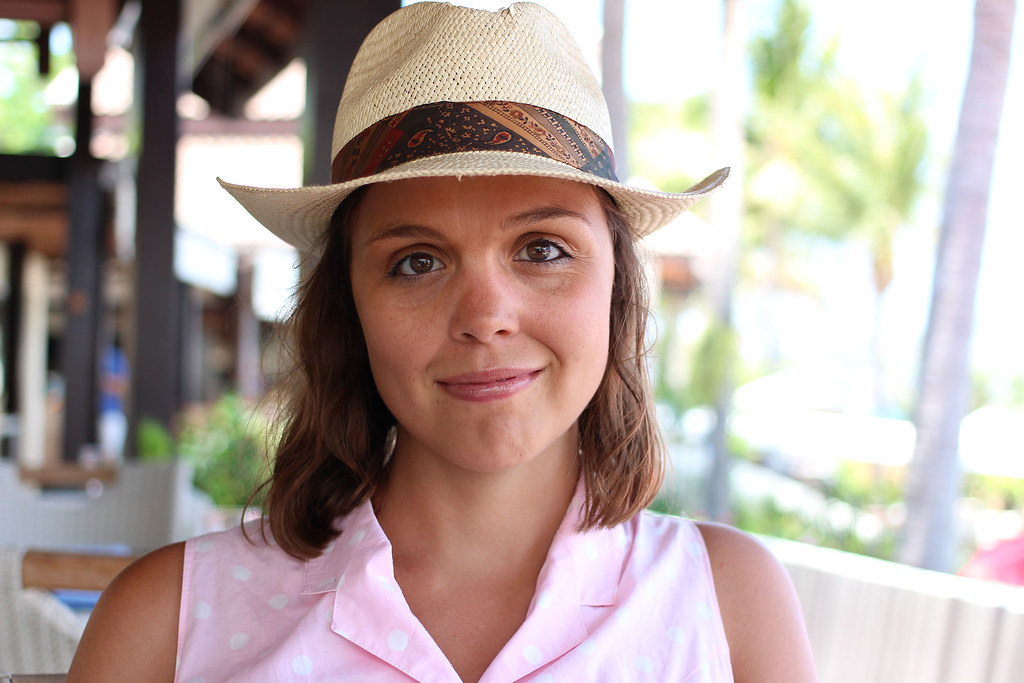

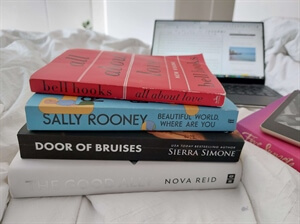 Book Reviews: Mid-Year Book Report 2022
Book Reviews: Mid-Year Book Report 2022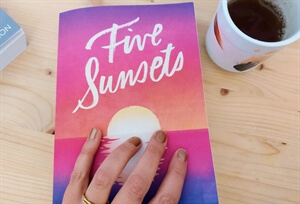 My Thoughts: The Life-Enhancing Joy of Romance Novels
My Thoughts: The Life-Enhancing Joy of Romance Novels My Thoughts: 21 Things That Helped Me in 2021
My Thoughts: 21 Things That Helped Me in 2021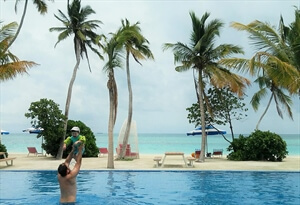 Family Travel: How to Travel with Kids - My Golden Rules
Family Travel: How to Travel with Kids - My Golden Rules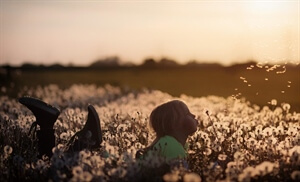 Self-Love: Self-Care Activities for Kids
Self-Love: Self-Care Activities for Kids About the Blog & Frankie
About the Blog & Frankie Welcome to My Amsterdam Travel Blog!
Welcome to My Amsterdam Travel Blog! Welcome to My Luxury Family Travel Blog!
Welcome to My Luxury Family Travel Blog! Welcome to My Writing Blog!
Welcome to My Writing Blog! Lover Mother Other: Poems - Out Now!
Lover Mother Other: Poems - Out Now! I Write Stories That Move You
I Write Stories That Move You Order WriteNOW Cards - Affirmation Cards for Writers
Order WriteNOW Cards - Affirmation Cards for Writers Work With Me
Work With Me